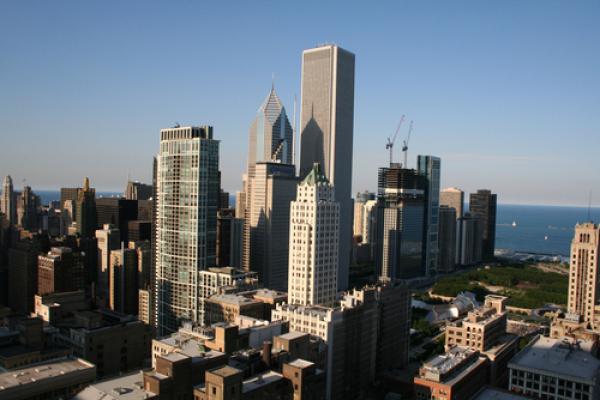I used to lead and organize inner-city mission trips. Churches, youth groups, non-profit organizations, and well-intentioned philanthropists would excitedly arrive within the diverse and fast-paced world of Chicago and enthusiastically dive into whatever tasks we gave them. The work they volunteered for made a huge difference in people’s lives, but more importantly, it dramatically challenged — and changed — their own way of thinking about urban ministry.
For years “The City” has been the pet project of Christians throughout America. Billions of mission trips have been made to homeless shelters, food pantries, and poor neighborhoods, all in an effort to “clean up,” “rehabilitate” and “evangelize” in Christ’s name. Unfortunately, the inner-city isn’t as stereotypical as we want it to be, and our missionary zeal can often cause more harm than good.
Here is the most common myth that Christians mistakenly apply to urban areas: The Inner-City is Morally Bankrupt.
Read the Full Article

